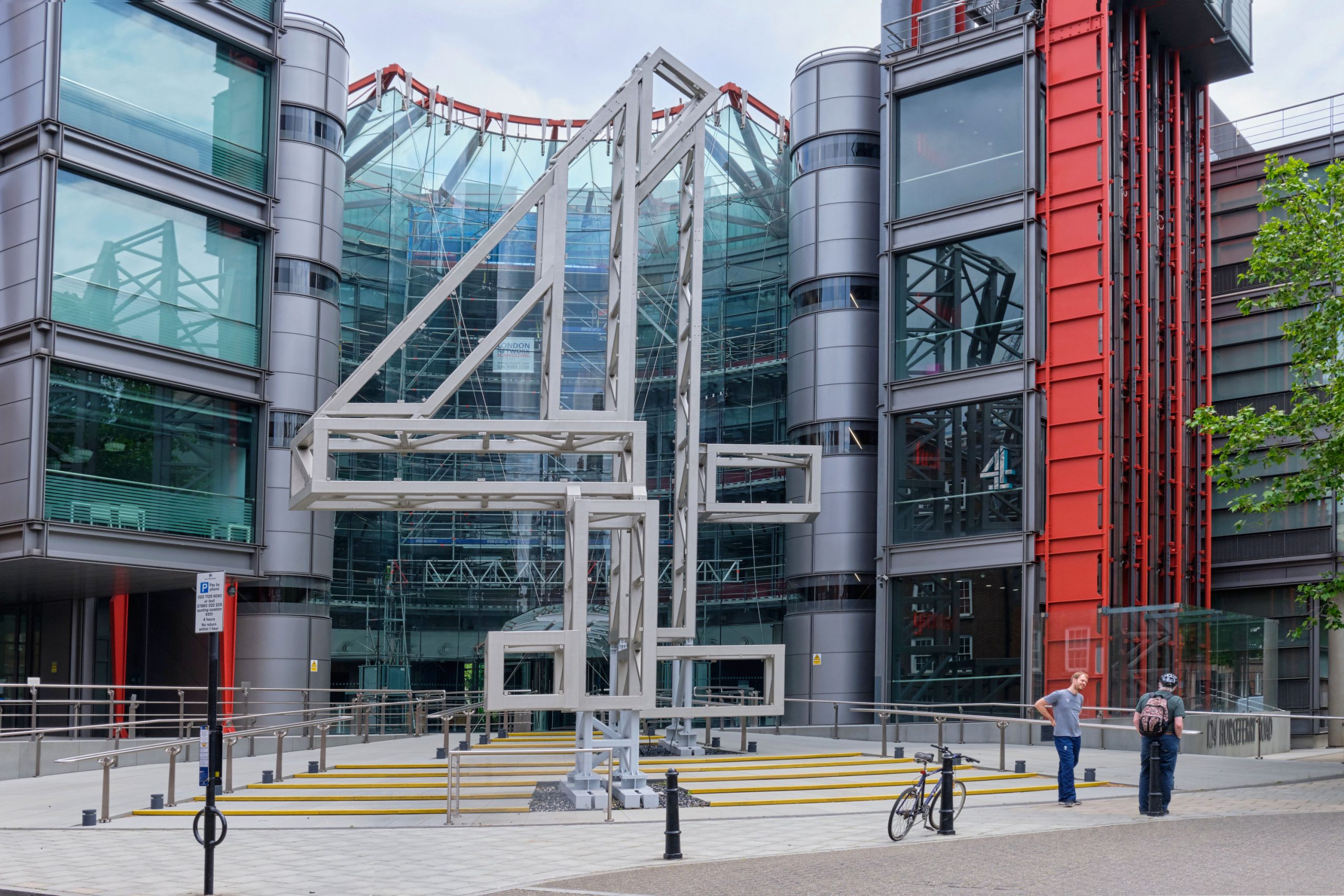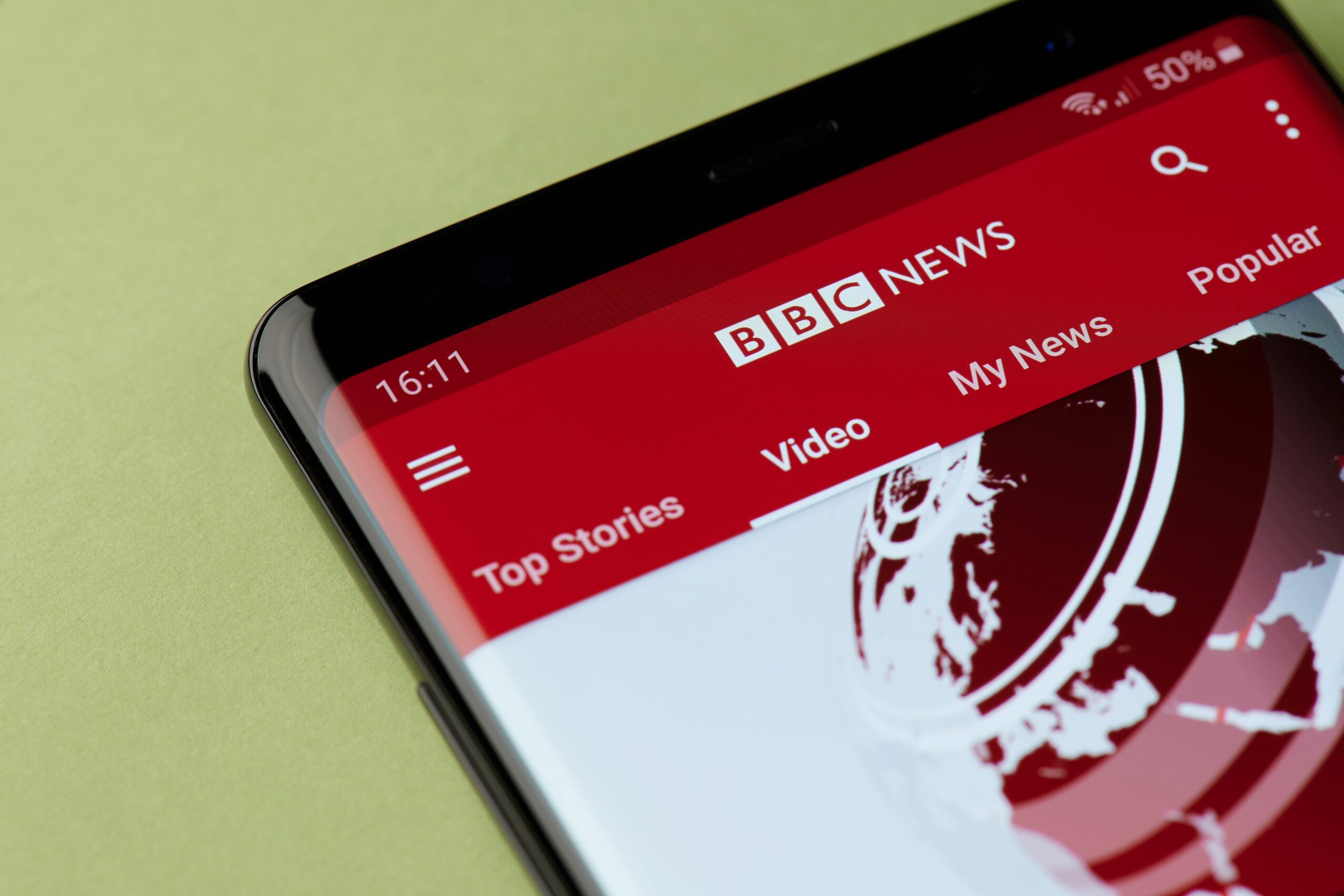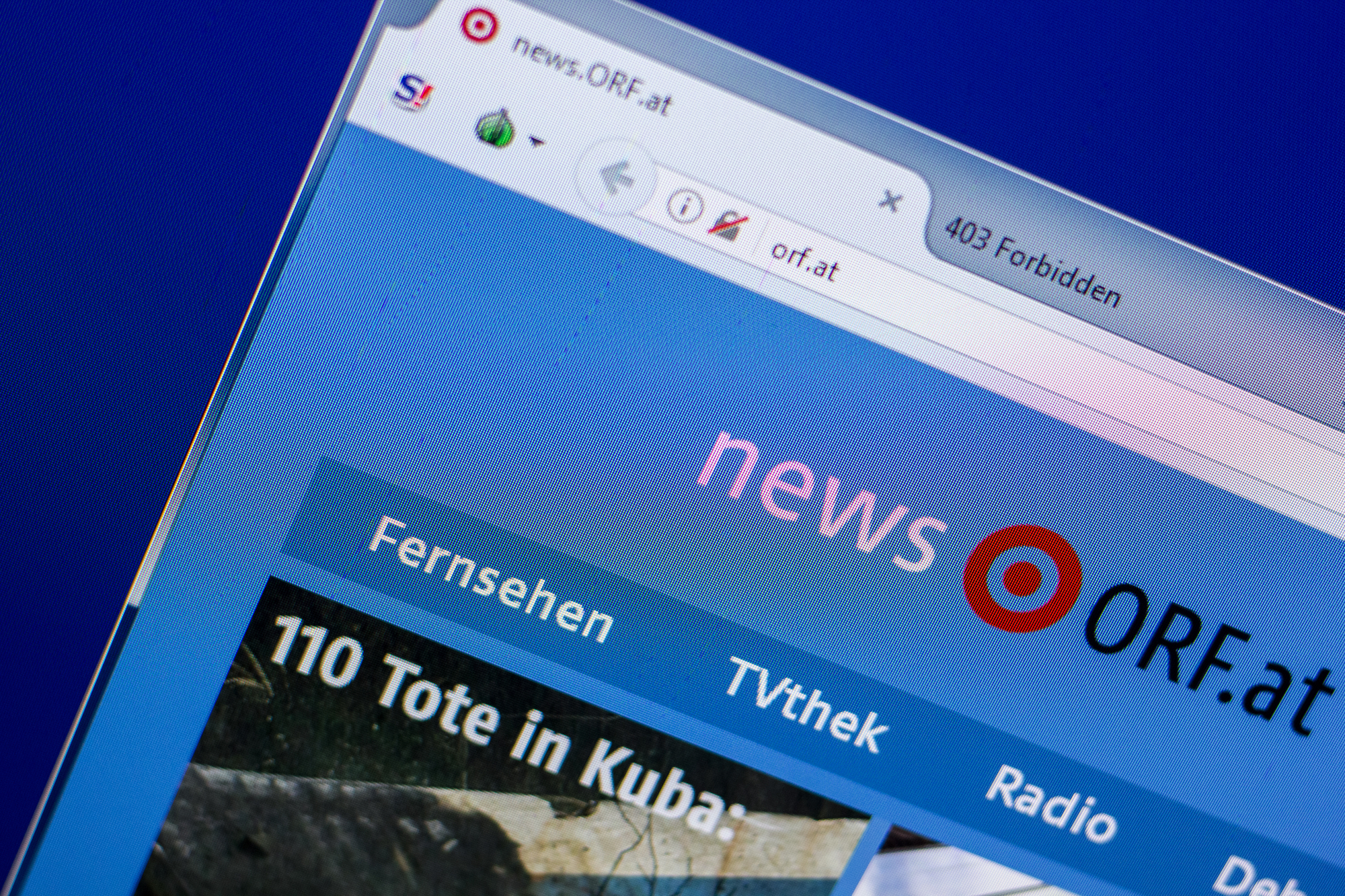Pivot to digital amid job losses
8th February 2024
Swedish Radio and the UK’s Channel 4 have both announced job cuts while also stressing that digital investment is their most urgent priority.

“The reality of the rapid downshift in the UK economy and advertising market demand that we must change structurally,” said Alex Mahon, the chief executive of Channel 4, announcing that it would become a digital-first streaming service by 2030.
Mahon said the new strategy would allow the commercially funded but publicly owned broadcaster to remain relevant and competitive. But it would come at a significant cost, with plans to cut the workforce by 18 percent and to close the broadcaster’s London offices.
Read more: PSM Unpacked | Moving to a digital future (Resource)
Some small, linear channels would also be cut.
“As we shift our centre of gravity from linear to digital our proposals will focus cost reductions on legacy activity,” Mahon said. “In preparing for a new digital-first future, I hope we can make Channel 4 simpler – for staff and our suppliers – and create a more efficient, inclusive and high performing organisation.”
The public broadcaster is not alone in announcing job cuts. On 31 January, Swedish Radio’s Cilla Benkö announced the loss of around 180 jobs, as they work towards a savings plan of the broadcaster looks to cut around 200-250 SEK from its budget.
“It is my firm belief that we will be able to implement this savings programme in a way that ensures we have a balanced economy, that we can offer a unique and multifaceted offering to the entire audience and at the same time take the necessary digital steps in the coming years,” Benkö wrote.
Swedish Radio and Channel 4 are just the latest announcements, capping off a year when 20,000 media jobs were lost – with Press Gazette counting 8,000 jobs in journalism alone.
Last week was also particularly devastating for news media in the US, with 115 journalist roles cut by the Los Angeles Times; staff at Forbes and New York Daily News went on strike over proposed cuts; and it was announced that eight percent of staff at Business Insider would be made redundant.
No media company appears to be safe. Digital brands like Vox and Vice News announced cuts, while Buzzfeed News is closing completely. Legacy media companies like Conde Nast are also ailing, while local newspapers and media companies are faring no better. Reach, which owns 130 media brands across the UK, announced 450 job cuts; in the US, one study found 2.5 newspapers were being shut down per week. Public service media are not exempt, with broadcasters including ABC, NPR, CBC/Radio-Canada, and the BBC all announcing job cuts, on top of Channel 4 and Swedish Radio.
Tech platforms are going through a similar experience, with many companies, including Spotify, Google and TikTok announcing job cuts.
If job losses are the consequence of declining digital revenue, then what does a leaner media sector mean for its role in society?
Subscribe toour newsletter
Keep updated with the latest public
media news from around the world
Cuts or closures at local newspapers have created news deserts for communities. But the impact goes both ways. With some companies instead prioritising local coverage, national coverage is losing out. Cameron Joseph, of the Columbia Journalism Review, said cuts at the LA Times – which will see the Washington bureau nearly halved – would have profound consequences for democracy. Alongside a few other correspondents at other news outlets, that leaves just “eight print reporters covering the entire federal government—for a state of thirty-nine million people,” although he adds that is still more than other states.
“This is corrosive to democracy in many ways, some more obvious than others,” Joseph writes. “The most glaring problem is that lawmakers aren’t held to account. There’s no one to confront congressmen on a daily basis or make sure they’re not breaking the law. Local issues don’t get scrutinized.”
“It is my firm belief that we will be able to implement this savings programme in a way that ensures we have a balanced economy, that we can offer a unique and multifaceted offering to the entire audience and at the same time take the necessary digital steps in the coming years.” – Cilla Benkö, CEO of Swedish Radio.
Despite all these cutbacks, a survey by WAN-IFRA showed 55 percent of news leaders were optimistic about their prospects in 2023, up from 45 percent the year before. “Speed of transformation, securing a sustainable business model, better understanding and engagement of their audiences,” were some of the key challenges facing news leaders, said Dean Roper, the director of insights and editor-in-chief at WAN-IFRA. But he added “there also has clearly been great progress on all those fronts, and others, in the last years to bring this level of optimism.”
And while the digital landscape is – to some degree – fuelling rising optimism amongst commercial news leaders about their future sustainability, there are parallels for public service media. As shown by the BBC, Channel 4 and Swedish Radio, the digital space remains integral to remaining competitive, even with shrinking funds.

How PSM announced job cuts
“Like many businesses, we are in a tough financial climate and as our audiences shift rapidly from TV to online news consumption, we need to make choices about where we allocate our resources … We must invest in our digital platforms to ensure they are also the home of our very best journalism,” said Deborah Turness, BBC News and Current Affairs chief executive.
“Our new strategy will accelerate our digital transformation – building on 2020’s Future4 strategy and our founding public service principles – so Channel 4 remains a trusted, disruptive and distinctive brand into the 2030s, offering brilliant shows that people love and that matter,” said Alex Mahon.
“At the same time as we are now reducing costs, we are also changing the organisation and prioritising development, which we believe is absolutely necessary if we are to continue to be a strong company in the future,” said Cilla Benkö.
“We need to change the way we are servicing the audience … Increasingly we’re seeing younger people accessing news and information on other platforms and if we don’t service them, in 20, 30, 40 years, we won’t have the audience we have now,” said ABC’s News Editor, Justin Stevens.
Meanwhile, the selection of Katherine Maher, formerly of the Wikimedia Foundation, as NPR’s new President and chief executive signalled its future direction. In announcing the appointment, board chair Jennifer Ferro said: “The board searched for a leader with the ability to reach audiences on new and existing platforms and leverage the network of local organizations that are providing high quality, relevant content to 99% of the country.”
“Maher is an experienced executive leading public interest institutions through technological disruption and strategic transformation in areas of information and media, good governance and democracy, civil and human rights, international development and foreign policy,” the NPR press release said.
“Technological disruption and strategic transformation” – as NPR put it – is a trend likely to continue in 2024. Public media will have to innovate and adapt to the modern demands and audience habits to stay relevant and valued, despite dwindling finances. The solutions is increasingly seen in digital strategies, though such approaches are not without criticism.
But change is necessary, according to Nic Newman from the Reuters Institute for the Study of Journalism.
“Public media can’t afford to lose its traditional audience, which generally votes and puts pressure on politicians and doesn’t want anything to change. But public media has to really adapt to serve younger people with the same values but in completely different formats. So this is the huge challenge: on the same budget or less, they essentially have to keep doing what they’re doing, and open up whole new ways of delivering content. So, this is the dilemma really – within constrained budgets, how do you speak to two audiences that want things increasingly differently?”
This dilemma forms the backdrop to the drastic decisions which have been made, and which will continue to be confronted by broadcasters around the globe.
Related Posts
29th November 2023
BBC News announces savings and digital reinvestment plans
The savings form part of the BBC…



